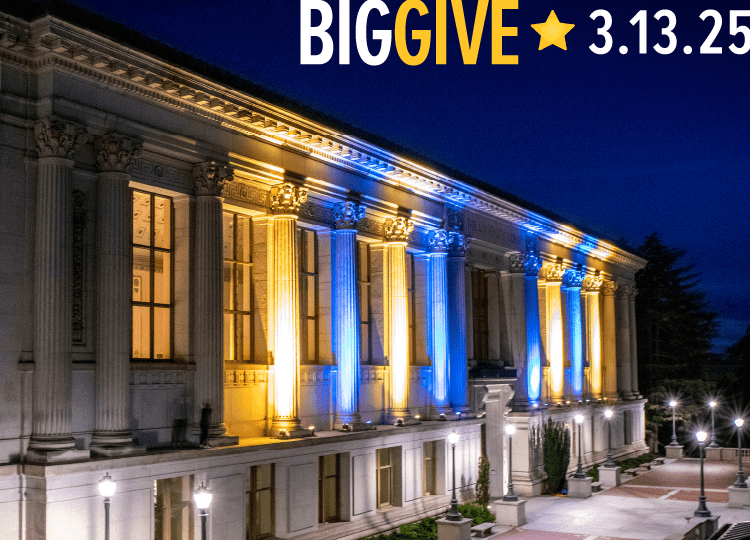In 2008, I was a typical seven-year-old living in the rural outskirts of Kabul, Afghanistan, and completely oblivious to the reality of war and destruction occurring in my country—until my father was injured in a bomb explosion. It was the first time I had ever felt internal pain. It was the end of my childhood. I started questioning why there was so much chaos in Afghanistan and why this had happened to my family. Visiting my father in the hospital (he was hospitalized for three years), I realized that this was a reality for so many people who had it much worse than my family did.
Since my father couldn’t work, my mother became the head of the household. We were forced to abandon village life for the city, where my mom could comfortably work and my siblings and I could attend school. It was during this time that my Afghan identity began to take shape and the reality of war and corruption became more apparent.
I had lived in the village for most of my childhood, where I was educated at home by my mother, who took it upon herself to teach young girls in our area due to the lack of formal schools. Although she was criticized for doing so, she never gave up.
When we moved to the city, my mother’s activism intensified. Traveling all over the country, she conducted field research on the Afghan education system and worked for organizations like UNICEF. Her fierce spirit instilled in me a passion for education and human rights advocacy from a young age.
Despite the chaos and violence occurring around us, we were hopeful about rebuilding our country. However, things rapidly worsened when my mother’s workplace got targeted by the Taliban and two of her colleagues were killed. Shortly after, we applied for asylum to the U.S. and moved to the Bay Area when I was 12.
I never thought I would have to leave Afghanistan. I always dreamed of traveling the world, but to permanently leave my homeland never crossed my mind. Most people would think someone in my situation would prefer a life of luxury and comfort in a safer country, but I struggled to adjust and continued to long for Afghanistan. Many people misunderstand our intentions as asylees. We’re not here for a better life, we’re here to survive.
I cried over wanting to go back to Afghanistan until my parents reminded me of the sacrifices they made for my siblings and I to receive an education. They inspired me to work hard and take advantage of the opportunities available to me, so that one day I could go back to Afghanistan and help those in need. It’s the only thing that gave me hope.
Throughout middle school and high school, I never shied away from advocating for Afghanistan—it was more important to me than trying to fit in. With support from my classmates and teachers, I was able to establish a nonprofit called Educate a Child for Change Organization, or ECCO. Its mission is to promote educational opportunities for underprivileged children in Afghanistan. Like my mother, I believe that establishing schools is the most powerful way to transform a society.
Now, I’m lucky enough to attend Berkeley and receive a quality education, but many people around the world don’t have that privilege. My goal is to make education more accessible, and to one day move back to Afghanistan. At the same time, the chaos that arose in the country as a result of the Taliban takeover last August has made me doubt that I’ll ever achieve that. Suddenly, I felt like everything I’d done in the last couple of years to support Afghanistan had been in vain.
Ultimately, I realized that the Afghan people need our support now more than ever. Through ECCO, we’ve been able to raise over $20,000 to purchase sanitary products for displaced women and children.
Today, I urge my fellow refugees to share their stories because no one will ever understand or care about this cause if we don’t. I have not given up on Afghanistan. You shouldn’t either.




















